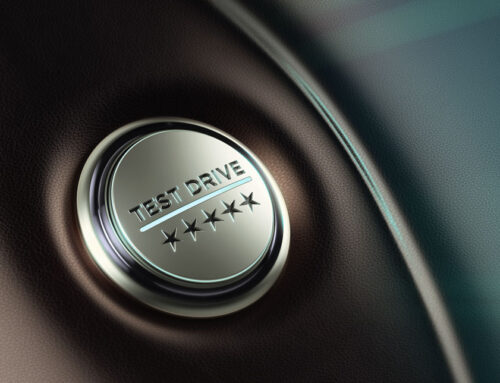In these unprecedented times, start-ups and corporations alike are looking for more affordable advertising and marketing options that don’t compromise their business vision. At some point on their growth curve, many businesses can no longer get by with in-house resources and turn to outsourcing for help with marketing, creative or strategy.
So, how can you find a right-fit agency?
Hiring an “award-winning” agency-of-record to handle all things creative was once the gold standard. Now seen as slow to adapt and persistent in boilerplate solutions, the traditional ad agency luster has dulled. Gone are the days of systemic overbilling clients to sustain fancy offices and bloated executive salaries.
These days, one of the more popular marketing support alternatives has businesses cherry picking a mix of small shops or individual specialists on a project-by-project basis. Services may include branding, design, web development, or more niche technical assistance like SEO development, social marketing or pay-per-click advertising.
If the business manager chooses well, and knows more than marketing basics (online strategies, how to measure performance, managing outsourced teams), this model can deliver positive outcomes. More often than not, however, the experience of many DIY marketers is the disappointment of overpromises and under delivery, usually after a significant investment loss.
Hybrid agencies may offer the solution.
The hybrid agency model developed out of the need for strategic marketing with the creative and technical skills required all under one roof.
While larger hybrid agencies maintain a full-time roster of employees, the trend has shifted towards smaller, agile creative collectives.
These network-model hybrid agencies have a core of experienced staff along with a vetted team of on-call talent. The agency only engages the expert service providers each client project or campaign requires to deliver the contracted results. More importantly, they maintain cohesive brand and strategy oversite. This model slims overhead, shaves expenses and multiplies the impact of marketing dollars.
Although no agency fits every company or situation, a hybrid model can offer a competitive advantage for many businesses.
Here are 5 benefits to partnering with a hybrid agency:
- Scalability
After developing an on-going relationship, hybrid agencies are often willing to produce smaller projects more traditional firms are not willing to touch. - Speed
A hybrid agency has the agility to deliver faster turnarounds than many other marketing firm models. Should you need to turn a campaign around in a few days or move up a deadline, clients benefit from expert guidance and high-quality work in a shorter timeframe at a lower cost. - Results
A hybrid agency knows how to be just as effective on a smaller budget as on a large one. They relish the blend of creative and technology and tend to attract top tier talent that thrive on delivering measurable business value versus indulging in fancy creative. - Relevant
Since some marketing specialties like SEO and digital advertising are complicated and constantly changing, the hybrid agency’s diverse talent pool is often better at adapting to market trends to keep your brand competitive and at a high creative level. - Accountability
A hybrid agency typically has the in-house bandwidth to collaborate on a higher level than a larger agency — and deliver on promises. This close communication helps maintain cohesive oversight of your marketing efforts to ensure they’re meeting your business goals throughout the entire process.
The hybrid agency model is becoming an in-demand asset now more than ever, especially as marketing budgets must stretch and be on target. These agencies champion the growth of their client’s business. It shows in the results.


